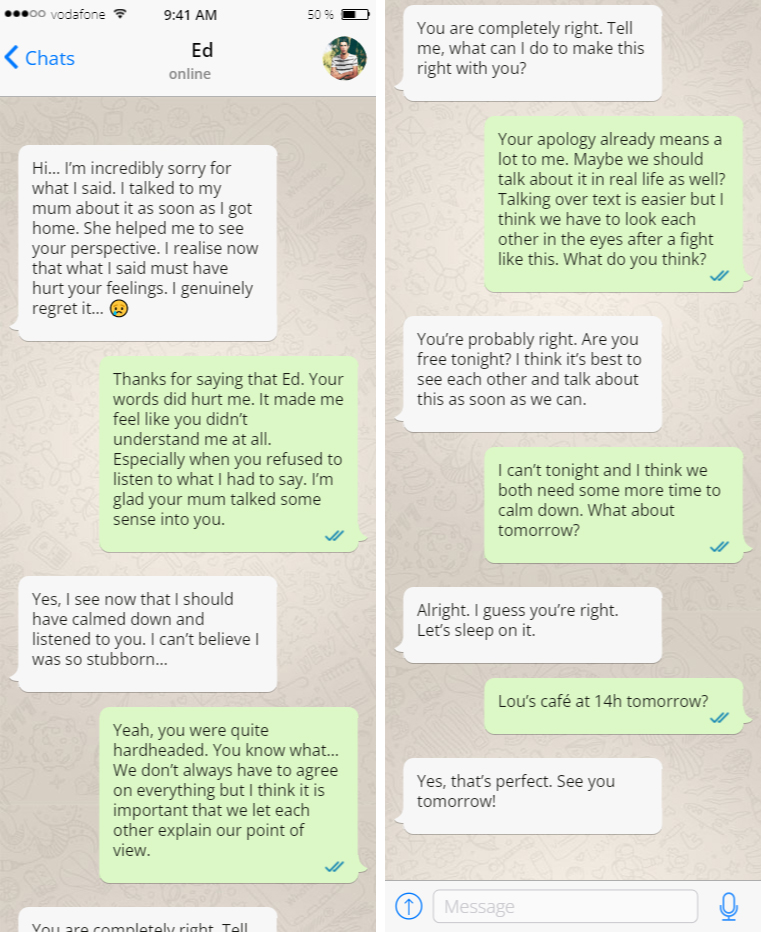Het arrangement 12.4 Conflicts - hv12 is gemaakt met Wikiwijs van Kennisnet. Wikiwijs is hét onderwijsplatform waar je leermiddelen zoekt, maakt en deelt.
- Auteur
- Laatst gewijzigd
- 11-05-2025 19:28:47
- Licentie
-
Dit lesmateriaal is gepubliceerd onder de Creative Commons Naamsvermelding-GelijkDelen 4.0 Internationale licentie. Dit houdt in dat je onder de voorwaarde van naamsvermelding en publicatie onder dezelfde licentie vrij bent om:
- het werk te delen - te kopiëren, te verspreiden en door te geven via elk medium of bestandsformaat
- het werk te bewerken - te remixen, te veranderen en afgeleide werken te maken
- voor alle doeleinden, inclusief commerciële doeleinden.
Meer informatie over de CC Naamsvermelding-GelijkDelen 4.0 Internationale licentie.
Aanvullende informatie over dit lesmateriaal
Van dit lesmateriaal is de volgende aanvullende informatie beschikbaar:
- Toelichting
- Deze les valt onder de arrangeerbare leerlijn van de Stercollecties voor Engels voor havo en vwo, leerjaar 1 en 2. Dit is thema 12 'Relationships. Het onderwerp van deze les is: Conflicts. Deze les gaat over ruzie en onenigheid, met daarbij voornamelijk het oplossen ervan. In deze les wordt een grammaticatoets gegeven die de elementen toetsen die in dit thema zijn behandeld (imperative, de gerund en de betekenissen van live, lives en life).
- Leerniveau
- VWO 2; HAVO 1; VWO 1; HAVO 2;
- Leerinhoud en doelen
- Engels;
- Eindgebruiker
- leerling/student
- Moeilijkheidsgraad
- gemiddeld
- Studiebelasting
- 1 uur 40 minuten
- Trefwoorden
- arrangeerbaar, conflicts, engels, excuses aanbieden, grammaticatoets, hv12, ruzie en onenigheid, stercollectie

 The subject of this double period is conflicts.
The subject of this double period is conflicts.

 Resolving conflicts
Resolving conflicts


 Study the vocabulary. (10 minutes)
Study the vocabulary. (10 minutes)
 You are going to make a grammar test about the three grammar items you’ve learnt about in this theme: the imperative, the gerund and the meanings of live, lived and life.
You are going to make a grammar test about the three grammar items you’ve learnt about in this theme: the imperative, the gerund and the meanings of live, lived and life. Talking about conflicts
Talking about conflicts  An essay about conflicts
An essay about conflicts What have you learnt in this double period?
What have you learnt in this double period?